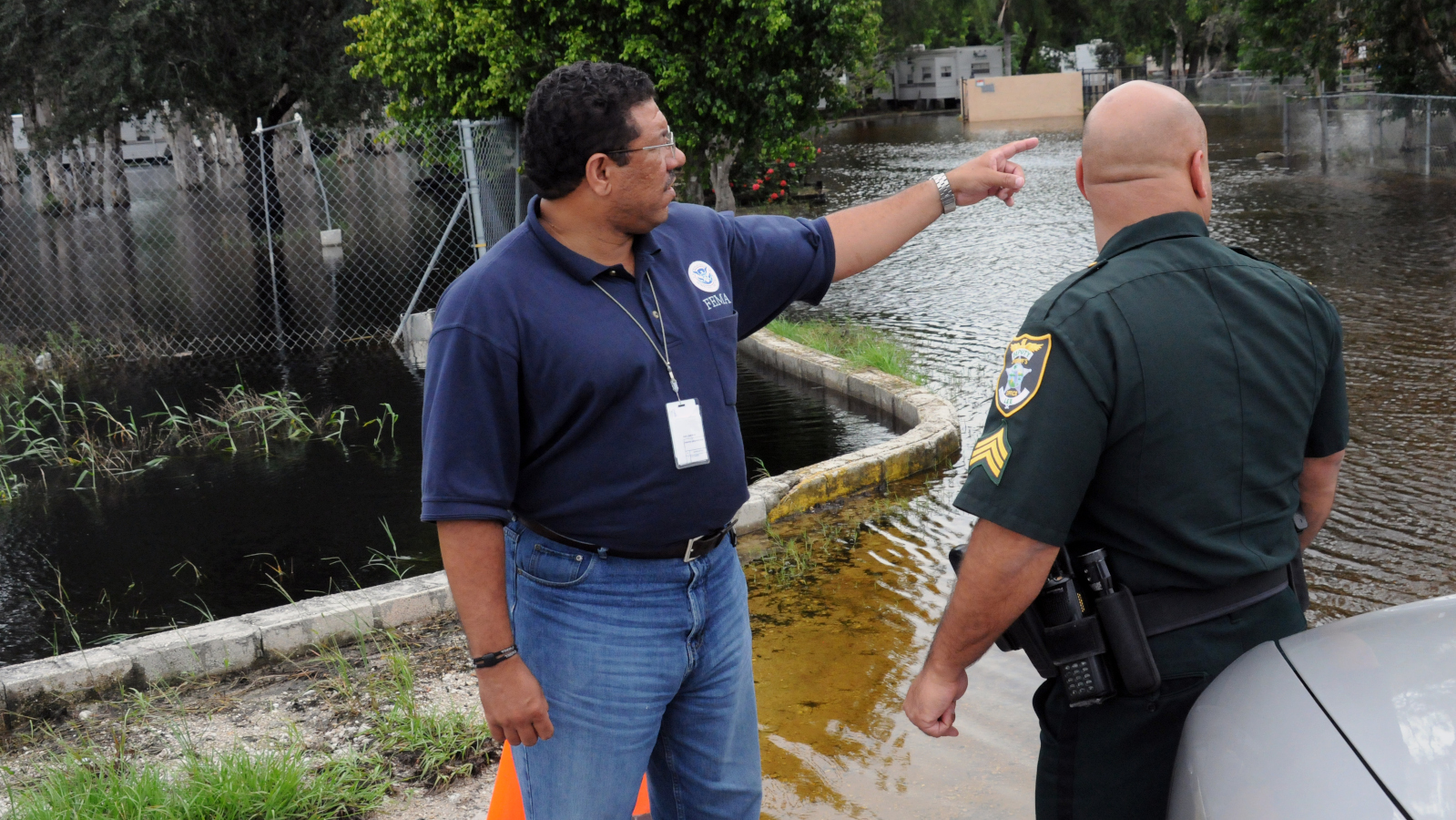
Floods are the nation’s most costly natural disaster, according to FEMA. | Adobe Stock
With names storms developing at a furious pace this hurricane season, homeowners should not risk making costly mistakes with their insurance policies.
Hurricane Laura may have caused $12 billion in insured losses, The Street reported. Finding out insurance coverage is lacking because a claim must be filed is a bad thing.
Rather than continue with an unknown risk, homeowners should avoid these costly home insurance mistakes:
“Not understanding your policy & key coverage limitations or exclusions, Garrett Mitchell of Insurance Express in West Palm Beach, Florida, told Insurance Rate Reporter.
Assuming flood coverage is included in your homeowner policy. Flood insurance is excluded from homeowners’ insurance policies and must be purchased separately.
Only 15% of homeowners buy flood insurance, which is optional, Mark Friedlander, spokesperson for the Insurance Information Institute, said, The Street reported.
More residential losses stem from flooding than high winds, according to a U.S. Congressional Budget Office report. With so few homeowners buying flood insurance, most don’t have coverage for the worst storm threat.
The Federal Emergency Management Agency said that since 1996, 99% of all counties have been affected by flooding, The Street reported. Just an inch of water can cause $25,000, FEMA said.
Flooding has affected 99% of U.S. counties since 1996, according to the Federal Emergency Management Agency. And even a little floodwater can be highly destructive; FEMA says an inch can cause as much as $25,000 in damage.
Friedlander said when a hurricane is heading your way, it may be too late to add coverage to your policy. Moratoriums on purchases may be made. And flood insurance usually needs to be purchased 30 days in advance of when it goes into effect.
Another mistake is “not understanding your deductibles, especially hurricane deductible which in many cases is separate and can result in high out of pocket expense,” Mitchell told Insurance Rate Reporter.
Failing to carry sufficient coverage for your dwelling – or underinsuring your dwelling – either unknowingly or as a way to lower your premium.
“This was a huge issue during the recent wildfires,” Mitchell told Insurance Rate Reporter. “A large percentage of homeowners that suffered total loss discovered their dwelling coverage was inadequate to rebuild their home.”
Mitchell advised the best practice is to work with a knowledgeable agent so that you understand your coverage so that the protection is adequate and tailored to your exact needs and exposures.




 Alerts Sign-up
Alerts Sign-up